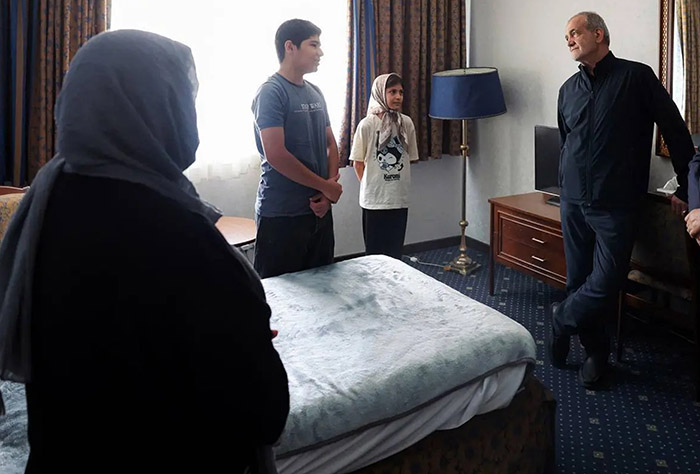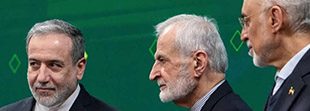The Abraham Accords were a groundbreaking start, formalizing diplomatic ties between Israel and several Arab states. However, grassroots engagement — among students, educators, entrepreneurs, and civil society — has lagged behind. Past Israeli-Palestinian dialogue initiatives floundered due to a lack of political support. Ironically, the Abraham Accords now provide the political bedrock upon which meaningful civic initiatives could flourish.
Genuine normalization rests on three pillars: security cooperation, economic partnerships, and, most critically, human connections. The first two pillars have largely endured post-Oct. 7, but the third — human ties — was the first to crumble amid the violence. Yet it is precisely during conflict that fostering human empathy becomes most urgent.
American students collaboratively address regional challenges like water scarcity and renewable energy. Educational exchanges that normalize cross-border travel for Middle Eastern youth. Jewish-Muslim educator forums designed to combat antisemitism and Islamophobia. These are not mere symbolic gestures — they are strategic imperatives.


